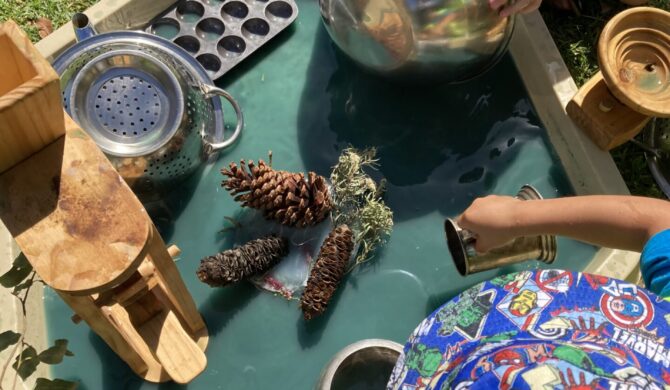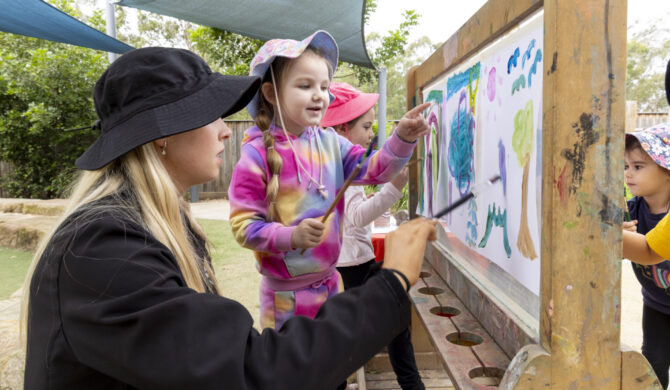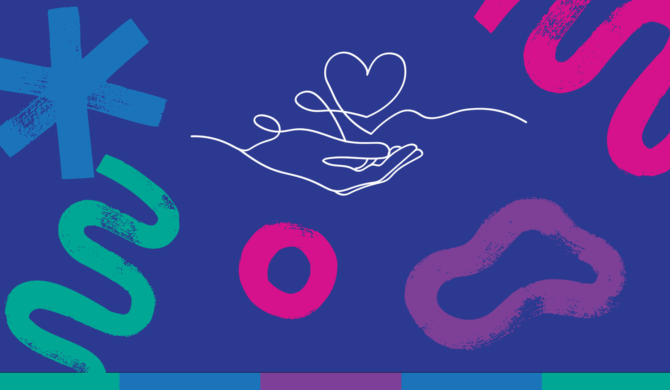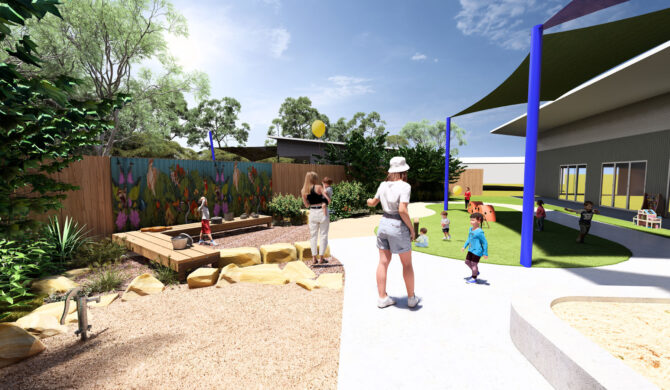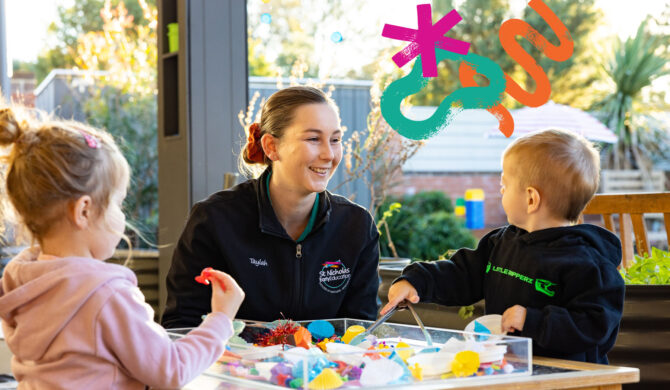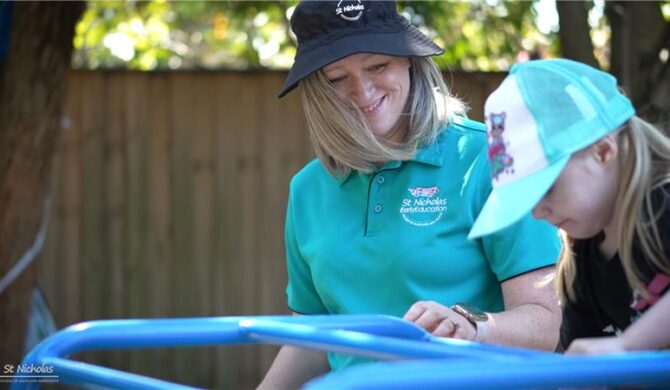This article has been taken from Raisingchildren.net.au. The original article can be accessed here.
Disaster news, distressing news events and school-age children
School-age children hear and see TV, radio, social media and other media coverage of natural disasters and distressing news. This includes coverage of bushfires, floods, earthquakes, terrorism, wars, accidents, violent and sexual crime, and more. They also hear adult conversations about disasters and other distressing news and might talk about these things with their friends.
You might not be able to shield your child completely from disasters and distressing news. But talking with your child can help them understand and cope with these events.
How media coverage of disasters and distressing news events affects school-age children
Children won’t always understand the news on the radio, TV and social media, but media coverage of disasters and other distressing news events can affect them.
For example, children might feel:
- frightened by what they see or hear
- upset by the stress or distress that adults around them are feeling
- worried that they or their families might get hurt
- overwhelmed by constant coverage – they might even think the disaster is happening over and over again.
Children are more likely to be affected by distressing news stories if the event or issue:
- is close to them in some way
- affects them personally
- gets a lot of coverage, especially if there’s graphic video of the event, if video shows distressed people, pets and other animals, or if coverage includes emotional commentary
- reminds them of a distressing experience they’ve had in the past
- makes them feel powerless – for example, if they feel they can’t influence adults to do something about climate change.
Children’s reactions to disaster news and distressing news events are also affected by how big the event is, how long it goes on for and how many people it affects. But sometimes large-scale events and loss of life are harder for children to relate to than smaller events. For example, a child might be more upset about the death of a mother of young children than the deaths of thousands in a mudslide.
The way children are affected also depends on their temperaments and the responses of people around them to the disaster news and distressing news events.
Talking with school-age children about disaster news and distressing news events
Your child will cope better if they have accurate, age-appropriate information about disasters and other distressing news events. Your child also needs plenty of opportunities to ask questions and talk about feelings.
Here are ideas for talking with school-age children about things like terrorism, natural disasters, violent crime, climate change and other disaster news and distressing events.
Make time to talk
Find the right time to talk with your child. If your child has heard distressing news at school, this might be when they get home. Or your child might want to talk at bedtime. It’s always best if you make plenty of time to talk and give your child your full attention.
If the event has also affected you, try to choose a time when you’re feeling OK to talk too.
Acknowledge what has happened and find out what your child knows
It’s always best to acknowledge that a disaster or tragedy has happened. If you pretend that nothing has happened, your child could feel confused and unsafe. Your child might also worry about things by themselves.
It’s a good idea to start by asking your child what they know and whether they have questions.
Explain what has happened
Stick to the facts, reassure your child, and give some context.
Talk about feelings
Ask your child how they’re feeling and listen to what they say. Let your child know that it’s OK to feel worried, angry or sad, and that over time they’ll start to feel better. You can also ask your child what they need to feel better. It might reassure your child if you share your own feelings and tell your child what you’re doing to cope with them.
Keep making time to talk
Let your child know that you’re always available to talk. And when your child wants to talk, make sure that you stop everything so you can listen and respond. You might need to check in occasionally with your child if the event goes on for a long time.
If you encourage open conversations about disaster news and distressing news events, your child learns they can always talk to you. Your child will understand that you’ll be there to listen when something is worrying them.



